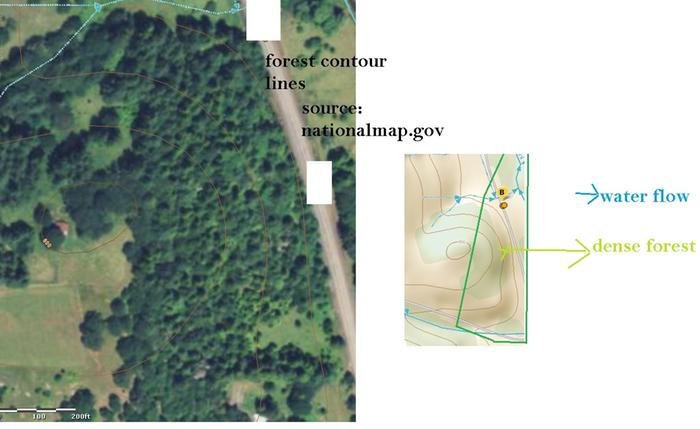




 2
2




Action Helps...One Soul with Courage is a Majority. Success is a Journey, not a Destination See the Reaching! A Pessimist Sees the Difficulty in Every Opportunity...an Optimist Sees the Opportunity in Every Difficulty! -Whispers of Eden









 1
1




"You must be the change you want to see in the world." "First they ignore you, then they laugh at you, then they fight you, then you win." --Mahatma Gandhi
"Preach the Gospel always, and if necessary, use words." --Francis of Assisi.
"Family farms work when the whole family works the farm." -- Adam Klaus






 1
1




Action Helps...One Soul with Courage is a Majority. Success is a Journey, not a Destination See the Reaching! A Pessimist Sees the Difficulty in Every Opportunity...an Optimist Sees the Opportunity in Every Difficulty! -Whispers of Eden
 2
2




 1
1




When I see an adult on a bicycle, I do not despair for the future of the human race. ~H.G. Wells
 3
3




 2
2




John Polk wrote:
* If you buy right, your tractor is a great investment. Examples...a Ford 2N cost $1,120 in 1942-47. A 9N cost $585 in 1939. If you can find one of these in decent shape for under $2,000 today, you have found a good investment.
If you buy a well respected make/model, and don't abuse it, you can always get your money back out of it...or pass it along to your grandkids.
 1
1




 )
)"We have it in our power to begin the world over again." - Thomas Paine

|
The meaning of life is to give life meaning. - Ken Hudgins / tiny ad
Freaky Cheap Heat - 2 hour movie - HD streaming
https://permies.com/wiki/238453/Freaky-Cheap-Heat-hour-movie
|


